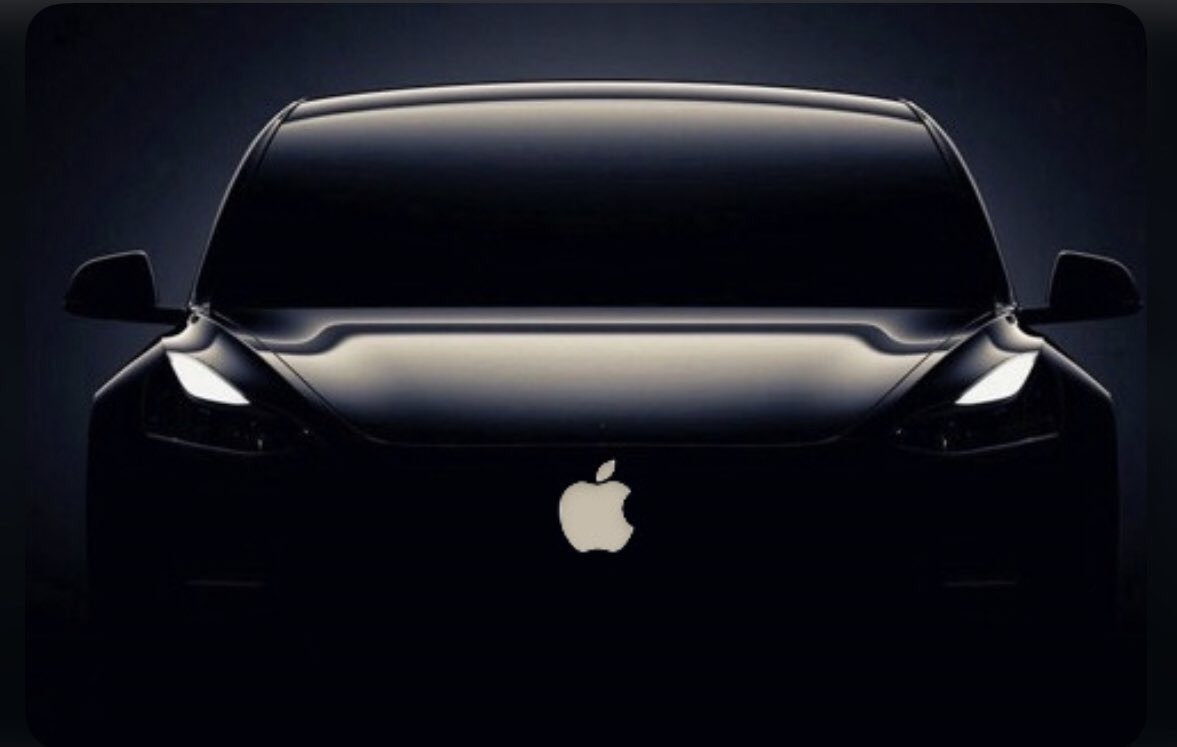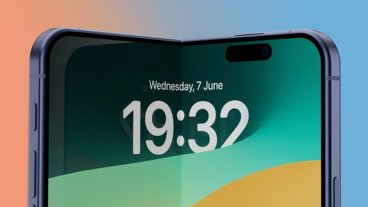The "Apple Car" could be a major threat to other car producers, with the potential integration between the vehicle and Apple's product ecosystem considered to be its biggest feature.
Apple has been rumored to be working on the "Apple Car" for a number of years, with its development since 2014 resulting in many different rumors about the vehicle. In new speculation about the car, analyst Arndt Ellinghorst from Bernstein thinks it could be a big deal for existing car manufacturers to compete against.
The greatest asset to the project is Apple's product ecosystem, according to Automotive News Europe which can allow iPhones and iPads used by many millions of people to seamlessly work with it.
"That's why I think it's one of the biggest scares for traditional automakers out there," said Ellinghorst, specifically referring to the premium market. "They would be much more scared by an Apple than by a Rivian or a Lucid or a Fisker, or even by a Nio."
Rivals have already passed comment on Apple's automotive ambitions, suggesting they aren't worried at all. Lucid Motors welcomed the competition, while BMW's CFO claimed he sleeps "very peacefully" despite the Apple threat.
In terms of when to expect the vehicle, Bernstein estimates a launch won't happen before 2024 or 2025, and potentially won't happen at all until 2028. However, despite working on it for seven years already, the firm still isn't "convinced" Apple will actually proceed with the project as-is.
"Apple has a very high bar for introducing new products, and has abandoned new offerings in the past very late in development," said analyst Toni Sacconaghi. "I spoke with a senior engineer at Apple who said Eighty percent of what I work on never sees the light of day.'"
While research and development has been ongoing, the firm believes Apple lacks a "unique driving range" that it can bring to the market, to take advantage of the car's rumored all-electric nature.
The analysts cite patents on battery cell technology as evidence there is no major breakthrough on the horizon. It is also allegedly too late for Apple to form an exclusive partnership with a cell supplier using new chemistry.
The integration with the Apple ecosystem effectively becomes the "distinctive value proposition for the car," adds Sacconaghi. "The question will ultimately be: Is that distinctive enough for Apple to launch the car?"
Apple's efforts to find a manufacturing partner, such as its discussions with Hyundai, will be a key factor for Apple's success. While distribution isn't considered a problem, with Apple able to leverage its 500-outlet network of Apple Stores, manufacturing will be a bigger issue.
"It would need to be someone with manufacturing capabilities in the U.S., China, and Europe because cars are not easy to ship around," said Ellinghorst. There would have to be "no or very few conflicts of brand equity and segment positioning," which Bernstein suggests would require a major producer.
Apple's desire to control the ecosystem could be a stumbling block, which could make such a major partnership "highly unlikely."
If it does eventually sell a vehicle, it stands to do well. With its brand power, Bernstein feels Apple could reach 1.5 million cars sold per year by 2030, depending on when the line launches.
 Malcolm Owen
Malcolm Owen







-m.jpg)






 Christine McKee
Christine McKee
 Marko Zivkovic
Marko Zivkovic
 Mike Wuerthele
Mike Wuerthele

 Amber Neely
Amber Neely
 Sponsored Content
Sponsored Content
 Wesley Hilliard
Wesley Hilliard









10 Comments
I just wanna know if Steve McQueen would drive it.
I had said the same thing here few weeks back in the comments. Seems like these automotive people and analysts read AI frequently 😅
If Apple does bring a car to market, I expect it to be a very serious threat to existing carmakers, indeed. It's likely such a long term project because of much more than technology hurdles. They have to integrate their ecosystem in a seamless way, have superb design, mass produce, have plans for how they will sell and service the vehicles, etc. But if they do it right, it could do to the car market what the iPhone did to the mobile phone market.
Well, Apple Car or not, Mrs Rayz2016 says she won’t buy any car that doesn’t support CarPlay. The car’s colour is now of secondary importance 🙄